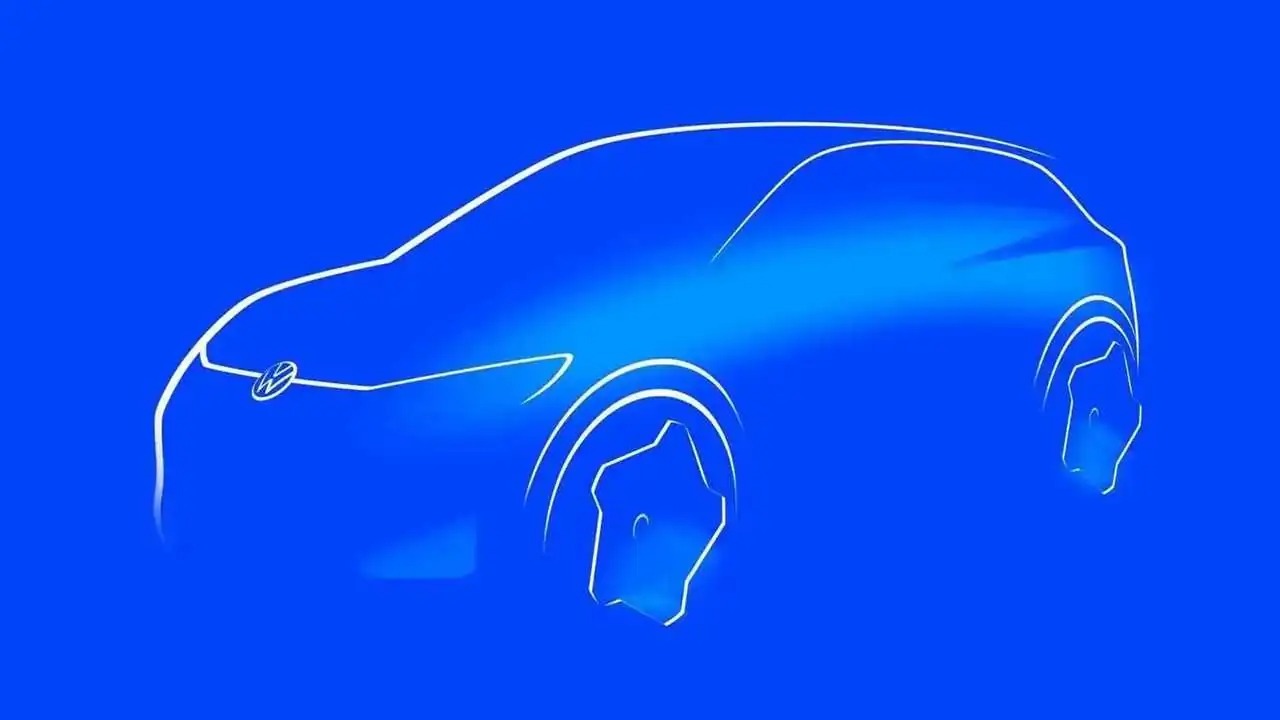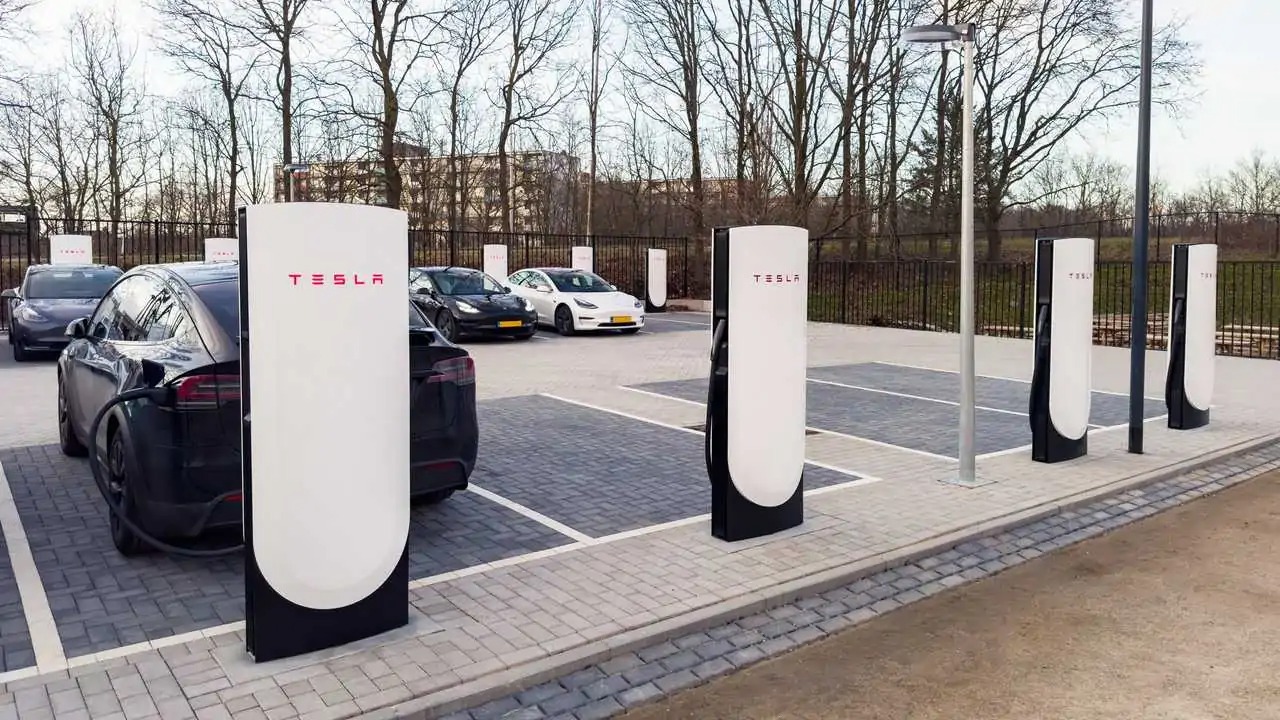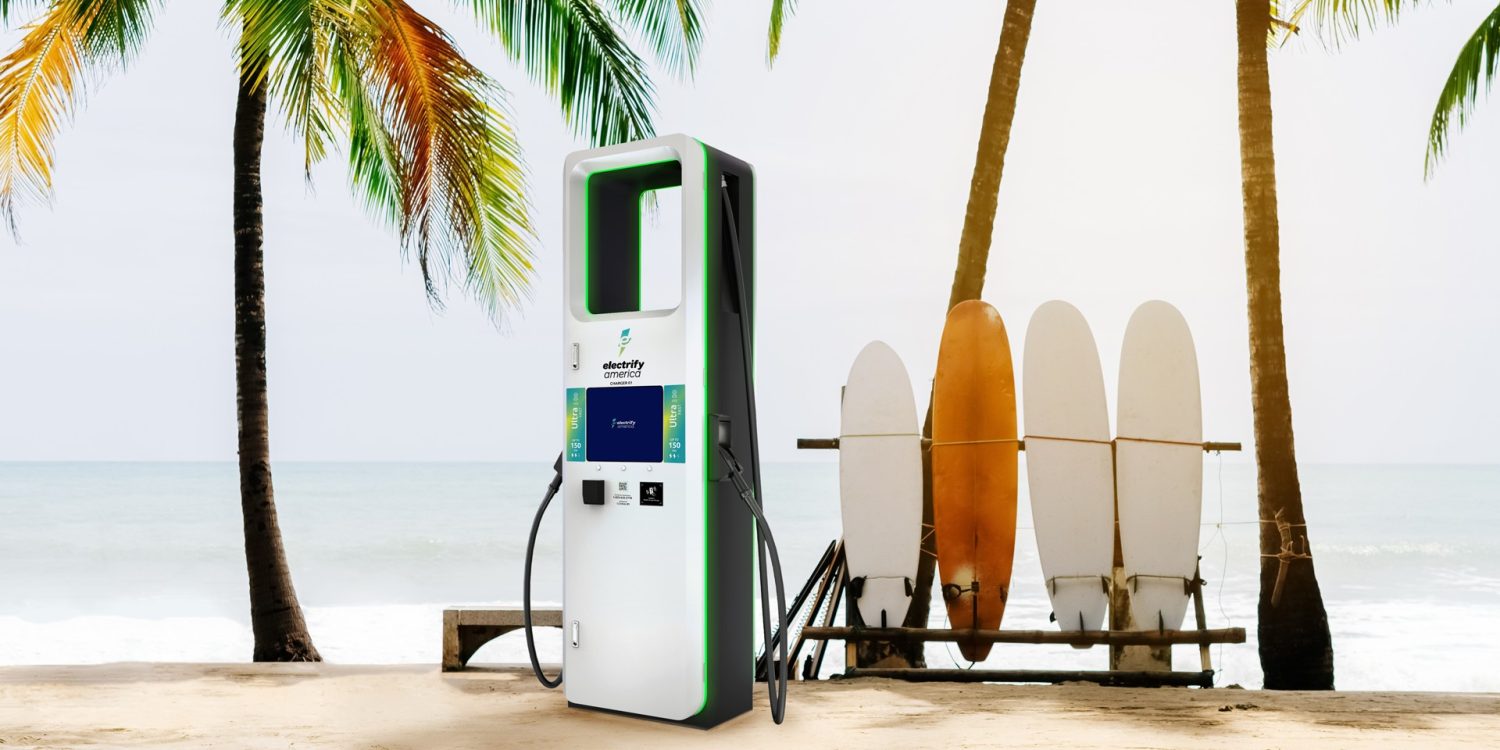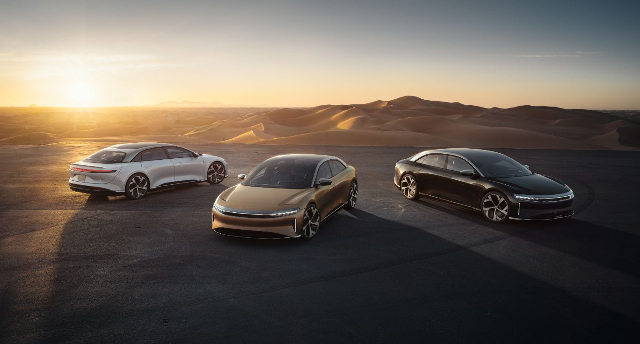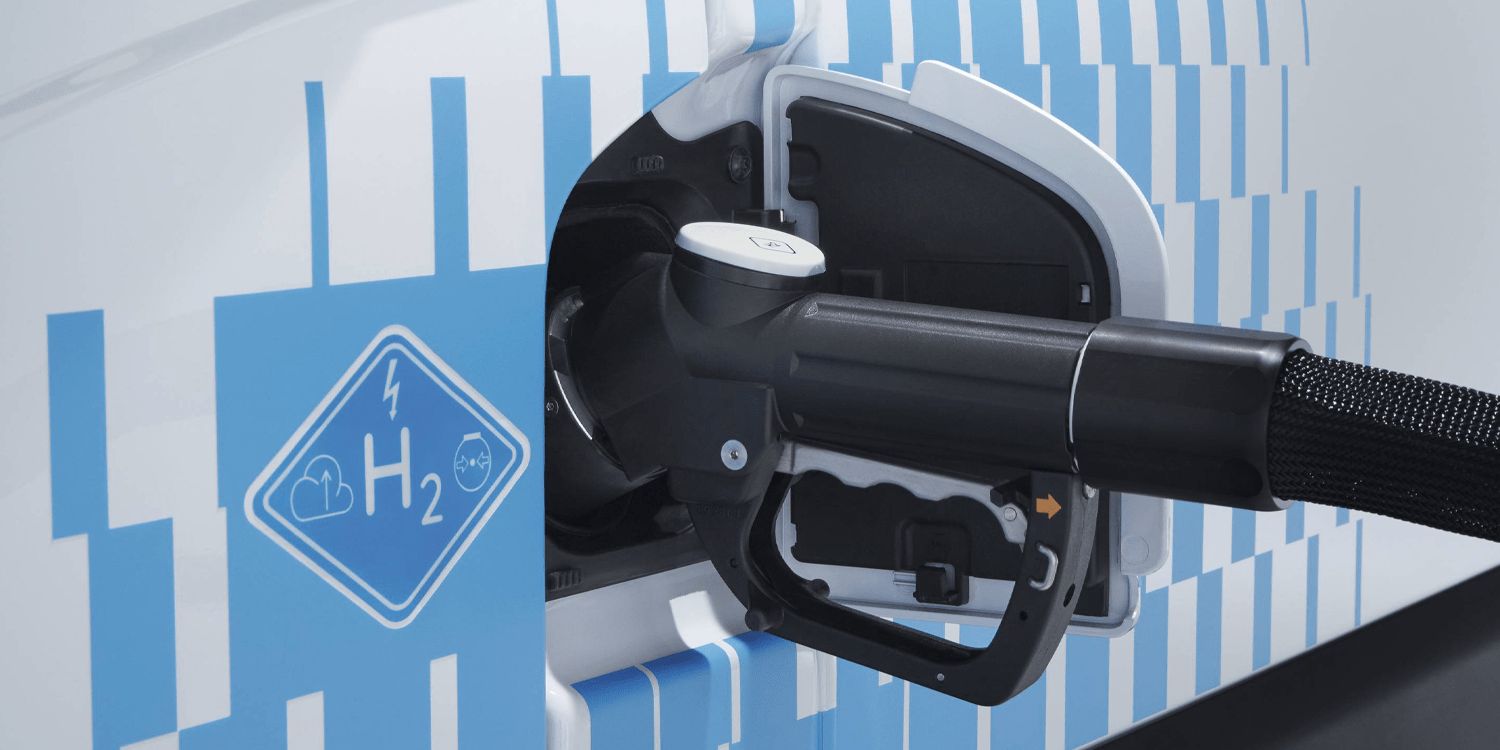Volkswagen is setting its sights on an even more affordable electric vehicle (EV) than the ID.2all Concept. The automaker has announced plans to launch an EV with a price tag of less than €20,000 ($21,100) by 2025, which is an ambitious target for the European market where even the Chinese-made Dacia Spring starts above €20,000.
While it was originally thought that VW’s entry-level EV, potentially named the ID.1, would cost under €25,000, it seems that price target was set for the ID.2all, which may enter production as the ID.2 or ID. Golf. Instead, the more affordable model VW is working on is likely the sister vehicle to the Cupra UrbanRebel and an as-yet-unnamed Skoda model that Volkswagen Group plans to build in Martorell, Spain.
Volkswagen has not revealed any details about the new entry-level EV, but it will be one of ten new or refreshed electric models the company plans to launch by 2026. Alongside the facelifted ID.3, the ID. Buzz with long wheelbase, the ID.7 sedan, and the model previewed by the ID.2all study, Volkswagen will also launch a “compact electric SUV” in 2026, likely the ID.3 SUV.
See also: Volkswagen Increases Sales Target for EVs in Europe to 80% by 2030
The brand’s new urban EV will share the MEB Entry platform with the ID.2all, meaning it will be front-wheel drive as well. While it is too early to talk about specifications, it is expected to be the same size as the VW Polo, or slightly smaller, due to the more efficient packaging of the dedicated EV platform compared to the MQB A0 internal combustion architecture.
The new entry-level EV is expected to offer the same 172-kilowatt (231-horsepower) front-mounted motor and 57-kilowatt-hour battery as the ID. Life Concept for a WLTP range of almost 250 miles and a 0-62 mph time of less than 7 seconds. The front-drive MEB Entry platform will be combined with more affordable lithium-iron-phosphate (LFP) batteries, which should help reduce costs. The economies of scale created by building three models in the same plant will also help VW offer its small EVs at lower prices.
While the launch date for Volkswagen’s cheapest EV is not yet known, judging by the timeline, it may arrive in 2026 or later. Nonetheless, Volkswagen’s announcement is a positive sign that the company is committed to making EVs more accessible to a wider range of consumers, which is crucial in the transition towards sustainable transportation.

